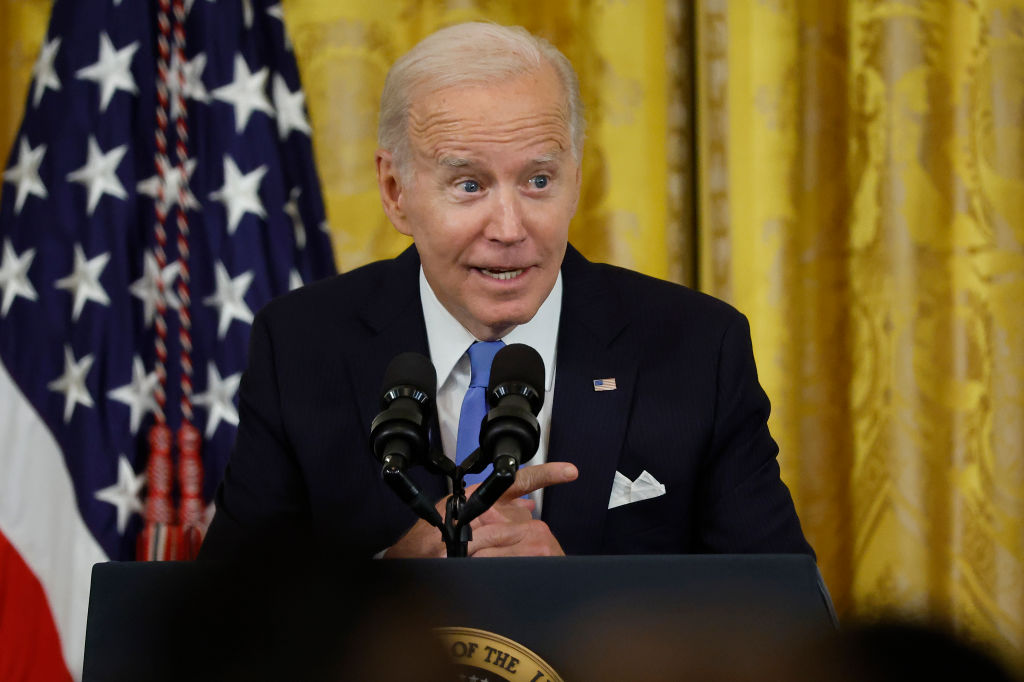On one hand, the Biden administration extols electric vehicles and renewable energy as part of the dawn of a bright new sunny day in America’s energy history.
But on the other, it admits that critical pieces of EVs and solar panels are part of a long, dark story of child labor, forced labor and child exploitation, citing cobalt mining in Africa and polysilicon production in China.
“We are drawing attention to critical supply chains in clean energy — highlighting China’s use of forced labor in polysilicon production (a key input in solar panels) and the use of child labor in the Democratic Republic of the Congo for the mining of cobalt (an input in lithium-ion batteries),” Thea Mai Lee, deputy undersecretary for foreign affairs, wrote in this year’s report on child labor and forced labor by the Bureau of International Labor Affairs.
The report was released in September.
Cobalt produced in the Democratic Republic of the Congo has been on the list of products produced with child labor since 2009.
“Children in the Democratic Republic of the Congo labor under harsh and dangerous conditions to mine cobalt ore,” the bureau’s 2018 report noted, citing at the time the use of cobalt in cell phone batteries and laptops as well as EVs.
In the 2020 report, the bureau noted that the cobalt then went to China, where it was made into batteries shipped to America.
The Department of Labor noted that “40,000 children, some as young as 6 years old, work in cobalt mines. Often working in tight spaces underground without proper safety equipment or procedures, child laborers face serious risks of injury or death.
“The DRC’s laws prohibit children under the age of 18 from working in mining. However, due to lack of enforcement of labor laws, widespread poverty and a growing global demand for cobalt, children continue to work in dangerous conditions mining this critical mineral,” the report continued, noting that the Congo produces 70 percent of the world’s cobalt.
China has a hand in the exploitation, the 2022 report stated.
“Chinese firms own, operate or finance most of the DRC’s cobalt mines,” it stated.
“In the process of refining cobalt prior to export, cobalt from multiple sources is mixed together. When this happens, cobalt produced with child labor becomes impossible to distinguish from cobalt mined without child labor, tainting DRC’s cobalt exports with child labor.”
The report stated that often a story of exploitation stands behind the label “made in China,” noting that often “entire families may work in cobalt mines in the DRC, and when parents are killed by landslides or collapsing mine shafts, children are orphaned with no option but to continue working.”
Polysilicon from China was added to the list in 2021, according to a release from the Department of Labor.
The product is made by the forced labor of Uyghur families, the bureau said.
“The world and the American people cannot abide the presence of goods made under the exploitative conditions experienced by Uyghur and other ethnic minority groups in its global supply chains,” Secretary of Labor Marty Walsh said in a news release at the time.
“The Bureau of International Labor Affairs is taking this historic step to raise awareness of this injustice, and we will continue to support additional U.S. government efforts to tackle it,” he said.
This article appeared originally on The Western Journal.

























 Continue with Google
Continue with Google